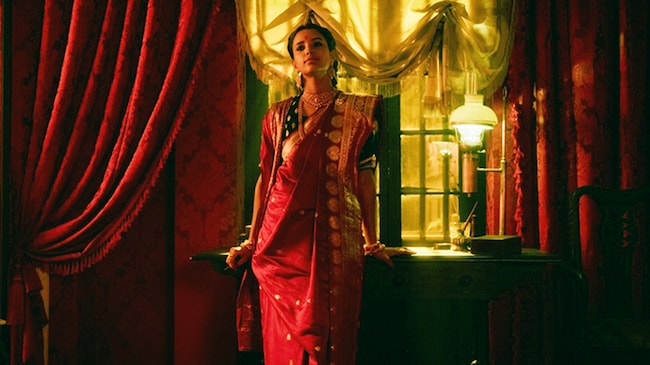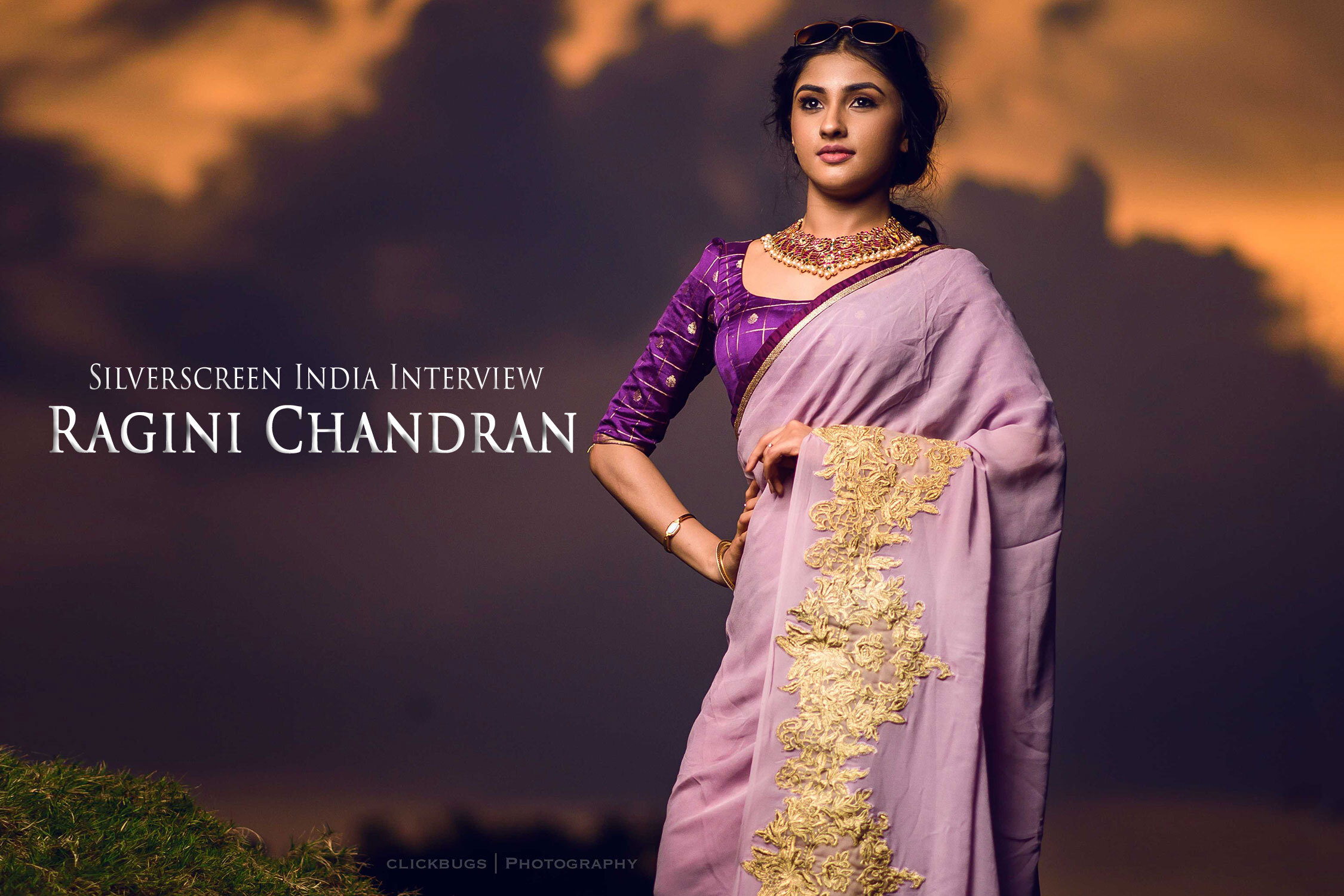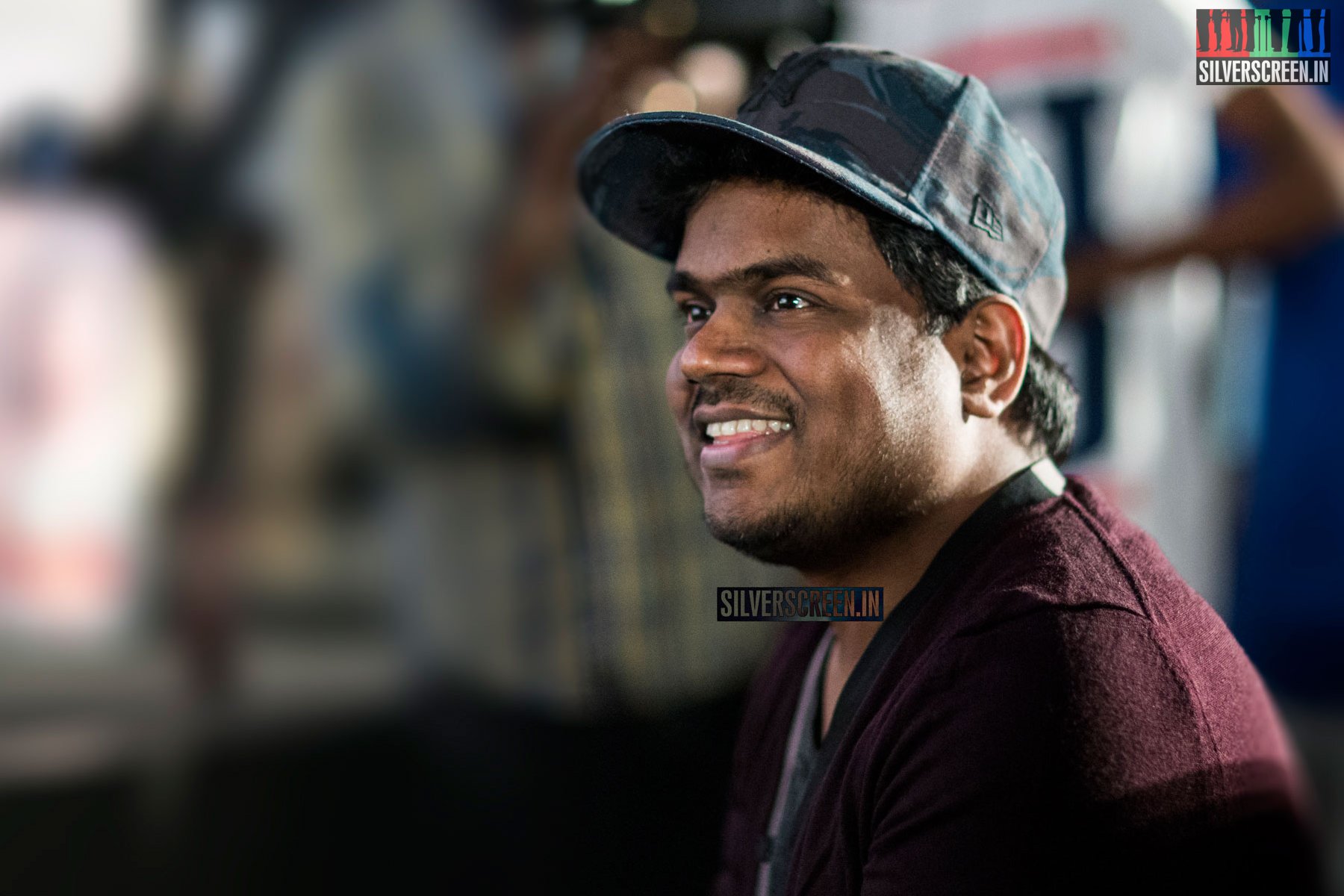Pikchar With Rita is a fortnightly column on cinema by Rita Kothari. She’s a Professor of English at Ashoka University. She does not “do” film studies.
***
Horror films put the inner demons to sleep reminding them of bigger demons that lie elsewhere, who need to be chased and caught. Drawn by this urgency, I rush to watch this genre. The salacious excitement of finding the murderer, at the very least the murder weapon, the building up of small clues – the cigarette stub, the shoe-print, the flicker of an eye, the quaver in the tone – all of this is quite irresistible for me.
So, I had scrupulously avoided reviews of the film Bulbbul once words like suspense, horror, supernatural had made their way to my ears. I wanted to be spared any spoiler alerts, which we specialise in giving away, don’t you think? I remember someone saying to me Kahaani was a great film, along with the announcement that Vidya Balan is not pregnant in the film, she has a made up ‘womb.’ That’s how I sat down with anticipation to watch Bulbbul on a Sunday afternoon.
This is the film’s premise: Once upon a time there lived a loving, innocent girl. The world was terribly cruel to her and heaped upon her one misery after another. One day she thought enough is enough when she (played by Tripti Dimri) has been beaten up by her husband (played by Rahul Bose) and raped by his brother. If Bose wasn’t wooden enough, we also have one more of him in his brother, a look-alike. Bulbbul or badi bahu is re-born (metaphorically perhaps) into the demon-woman, except that she looks happy and beautiful.
Men start falling like pins, and rumours are rife about which man might have killed them. She says, oh-so-mysteriously, it could also be a woman. Of course the men who die are made eligible for death by being wife-beaters, rapists, pedophiles and so on. And when we ‘discover’ the truth about the vigilante badi-bahu, for some reason, she jumps like Mowgli from tree to tree.
We are reminded not to think of her as a chudail, she is instead a Goddess. Of course, didn’t the images of the Goddess thrown in our faces make that clear? Meanwhile imagine the joy of watching this uninspiring narrative with strange and distracting subtitles such as “Sire” and “Milord.” Women-turned-vigilantes for causes that are justified and serious makes for highly sanctimonious messages. If they don’t do it for themselves, they carry out justice on behalf of others.
Remember Sridevi’s Botox-strained face as she hides the number of people she has killed to prove stepmoms can also rise to such occasions in the film Mom? On the other hand, think of Tabu in Andhadhun, a bored and cynical murderer who simply can’t understand why men are so daft at such jobs! Horror when combined with the comic and set in a rough and tumble small town with men saying, ‘gaand fat rahi hai, main kaise bolun?” gives you a remarkable film like Stree.
Without the bluster and sanctimony, Stree is about men having to behave themselves; not go out at night and wear random clothes to draw attention. “Ho Stree kal aana” written outside homes is their earnest plea to an invisible woman who picks them up without their clothes! The one person who does not find it scary is a local sweet tailor (Rajkumar Rao) who can roll off his tongue names of all the new fashioned palazzos and shararas like a consummate waiter who has the entire menu on the tip of his tongue. He is spared, well, for being so not fussy about his masculinity. Or was he? We don’t know.
On the other hand, Bulbbul tells us everything, not once but several times, and the “heavy” symbolism of her inverted feet leaves us gasping for a more literal world in which to be angry is not to become a demoness or Goddess, but simply human.



